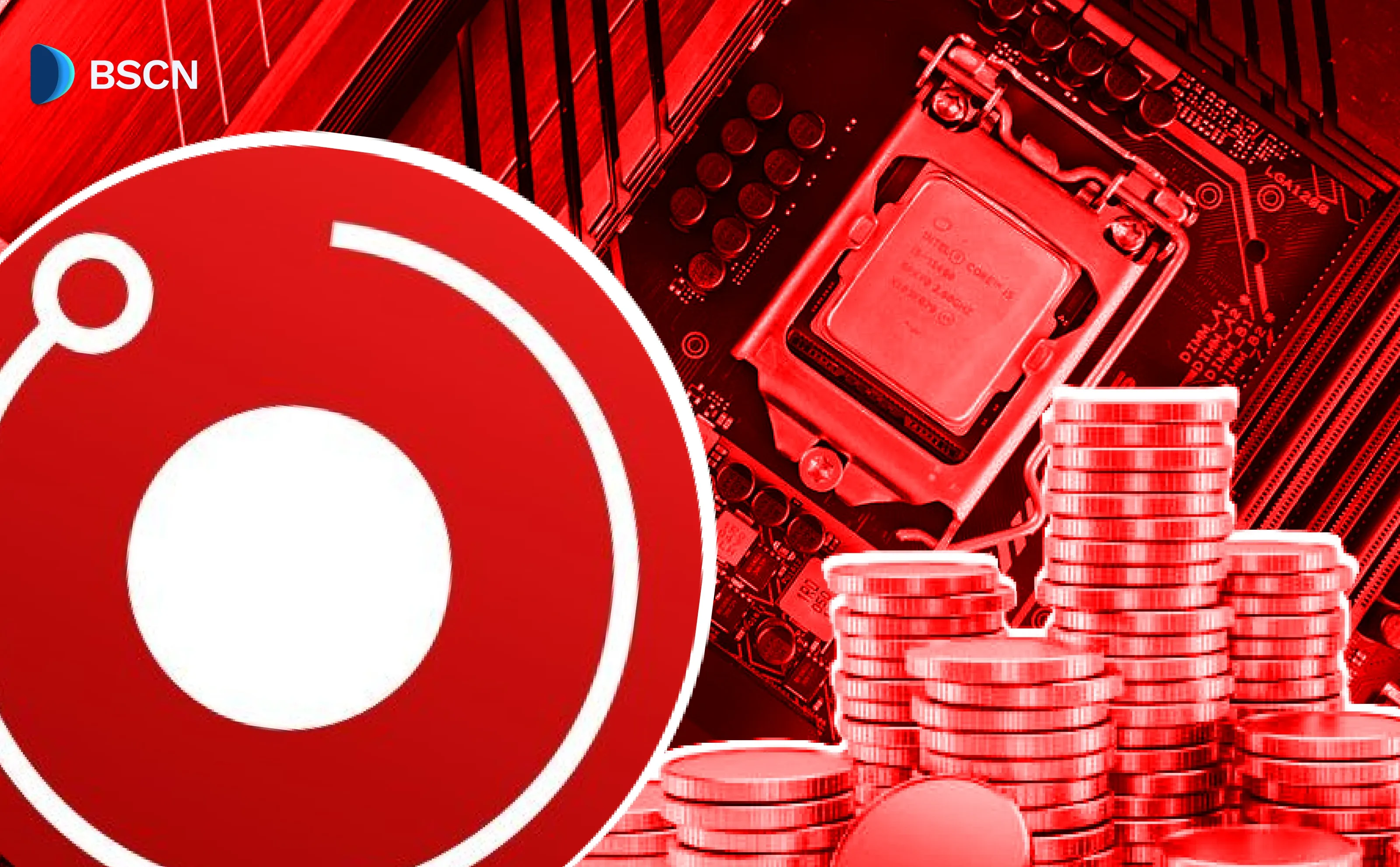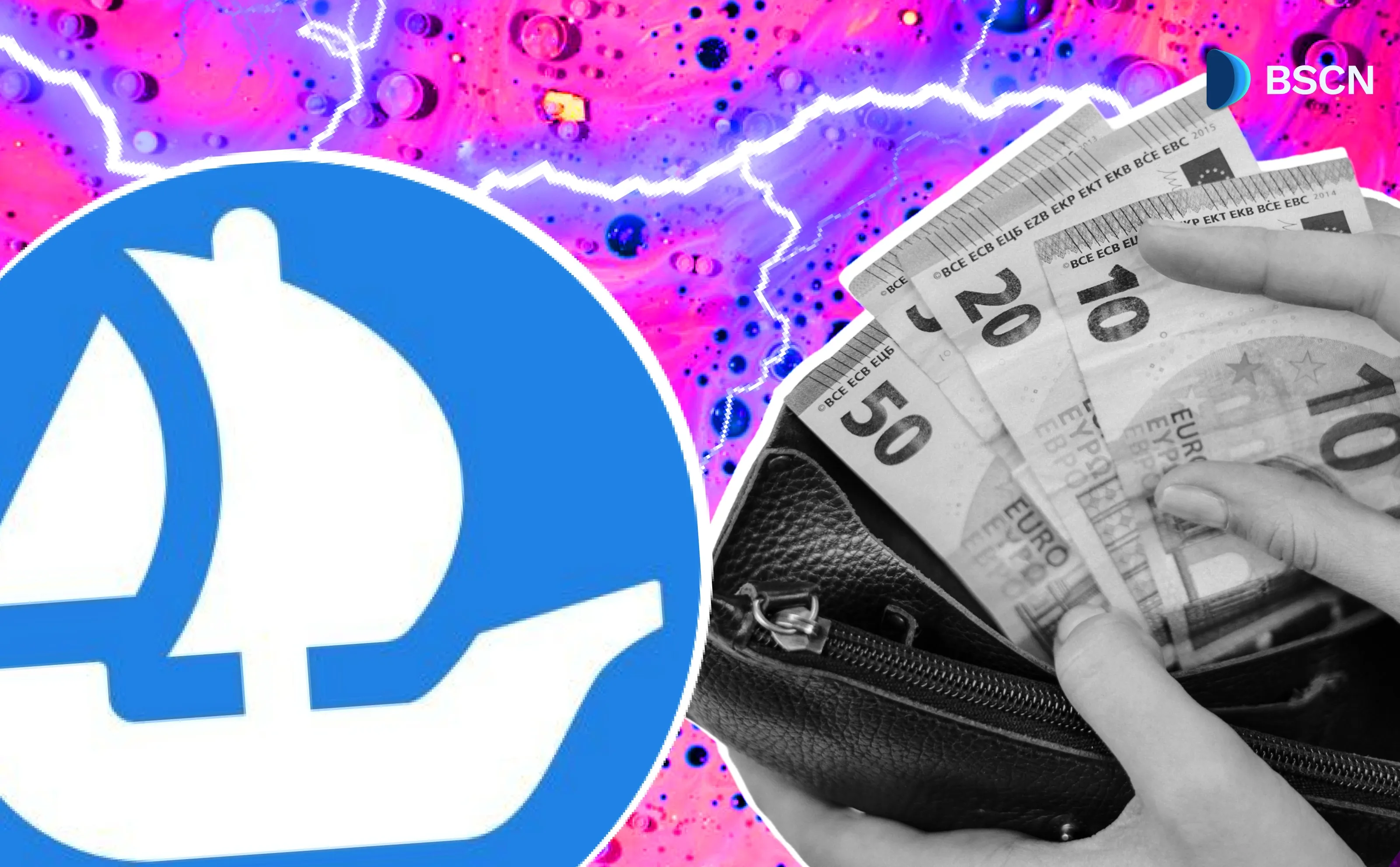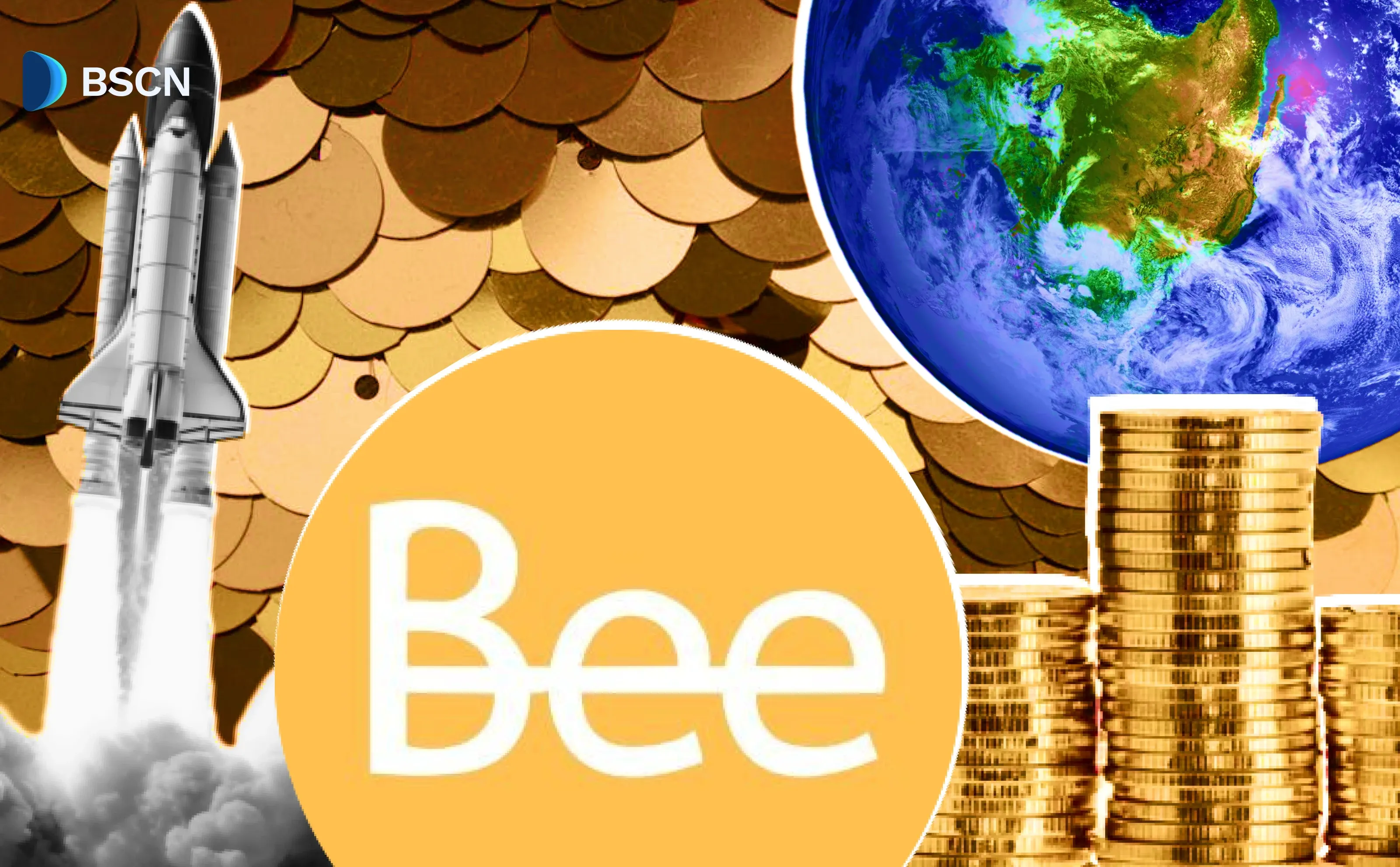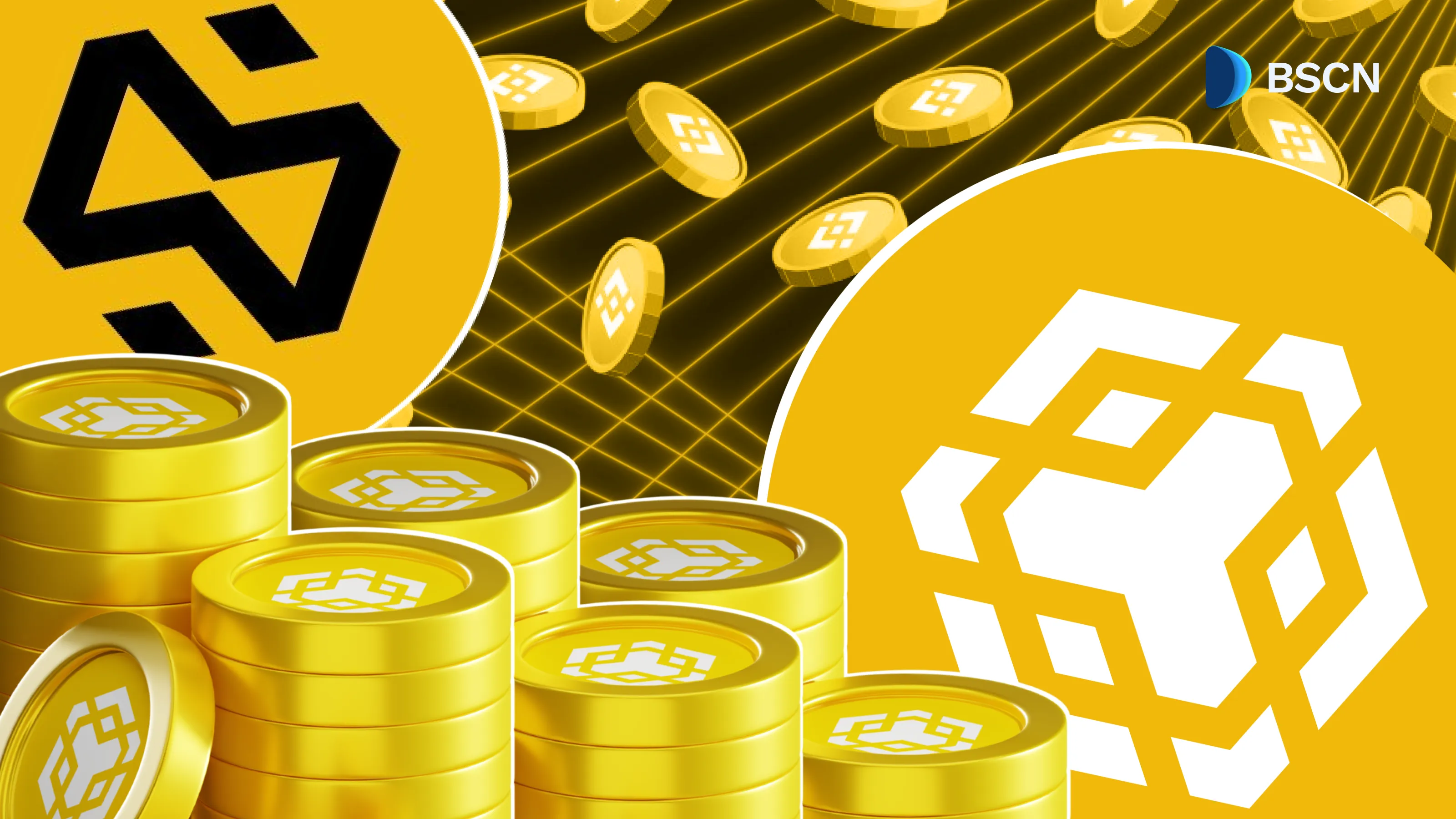WEB3
BSC News Weekly NFT Roundup: Important Trends You Shouldn't Miss

NFTs continue to evolve and new trends emerge every day. Here are some recent NFT developments that may prove crucial for wider Web3 adoption.
BSCN
September 29, 2022
NFT Trends to Shape Web3
Are Non-Fungible Token (NFTs) important to you? Even if you think you don't “like” NFTs, some of these upcoming trends could change how we experience the web, sell and buy art, and even create music.
Let's take a closer look at some recent NFT trends that could shape the digital asset sector in coming months:
xNFTs
An xNFT is a piece of executable code that inherits the ownership properties of an NFT. xNFT allows us to create Decentralized Apps(DApps) for the NFT ecosystem using protocol-agnostic frameworks. The interface will represent all your crypto assets and allow you to perform any NFT-related task, including viewing NFTs or staking.
Think of xNFTs like an app in the AppStore or Google Play Store. App stores simplify access to various applications and improve the overall user experience. This is exactly what xNFT aims to accomplish.
There is a lot of potential for value creation around xNFTs in the Web3 landscape. It utilizes Web3 primitives like tokenized ownership, composability, and identity on top of a innovative layer to remove the complexity of crypto infrastructure.
Rentable NFTs
The average person can't purchase even the cheapest NFTs from well-known projects like Bored Apes and Cryptopunks. In this situation, renting an NFT is an option.
The owner of a NFT can rent it out for a brief period to someone else. An NFT rental marketplace uses DeFi-like blockchain technology to facilitate secure transactions and ensure that an NFT is returned to its owner after the rental period has ended.

NFTs can be rented out in two ways:
Collateralized Renting:
Here the renter must place collateral worth more than the NFT on an online marketplace. Additionally, the renter must pay a rental fee. After the contract expires, the NFT will be returned to the original owner, and the collateral will be returned to the borrower.
Collateral-less Renting:
Unlike collateral renting, the renter does not receive the original NFT. In contrast, the original asset is wrapped as an NFT and backed up by the real asset for the renter. Once the contract ends, the wrapped NFT is burned. Renters are not required to provide collateral in this situation.
Soulbound Tokens
Soulbound tokens (SBT) are non-transferrable tokens representing a person's identity and credentials on the blockchain. The information could include medical records, employment history, or anything else that is part of who a person or entity is. Wallets that store this information are called souls.
Souls can also represent entities that allocate SBTs. For example, companies or educational organizations can be Souls, issuing SBTs to their employees.
As of Sept. 8, Binance has introduced soulbound tokens to its users as Binance Account Bound tokens (BAB). Consequently, BAB tokens are accessible to verified Binance users and are aimed at addressing fundamental issues such as airdrop fairness and account uniqueness.

Soul addresses are a compelling concept but account security is already a major challenge on the blockchain. For Soulbound tokens to be effective, they must be impossible to transfer or replace.
NFT as Loans
Many NFTs on the market are highly illiquid, and many Decentralized Finance (DeFi) projects have identified NFT-based lending as a solution.
Increasingly, NFT-backed loans are being offered through DeFi protocols. This allows NFT owners to mortgage their NFTs for cryptocurrencies or fiat.

Smart contracts power DeFi lending, enabling transparent, open, self-executing loan solutions without supervision. However smart contracts aren't flawless. These platforms could be prone to flash loan attacks, for example.
Blockchain Domain Names
Cryptocurrency wallet users know how hard it is to remember their wallet's "address." It is because cryptocurrency wallet addresses contain a random mix of 30+ letters and numbers.
In contrast to traditional Web2 domain names, blockchain domain names are not utilized to host websites. A blockchain domain name is an non-fungible ERC-721 token that acts as a link shortener for cryptocurrency wallet addresses.
Let's say Kerry wants to request $500 in Bitcoin from Austin. In order to execute the transaction, Kerry would have to sign into his wallet, copy his address, and send it to Austin. However, blockchain domain names simplify the process.
Instead of sharing his address, Kerry could tell Austin that he owns the domain Kerry.Bitcoin. Using Kerry's domain name, Austin could send $500 directly to Kerry's Bitcoin wallet (which would deposit the money into Kerry's wallet).
NFTs as Tickets
NFTs make tickets (i.e. to an event) more functional and an easy place to collect memories.
It is possible for a paper-based ticket to be lost, ruined, or destroyed. Paper-based tickets also can easily be faked. QR codes can solve this problem, but they aren't as effective for ticket holders.
NFT ticketing offers a lot of opportunities to event organizers and ticket buyers, such as:
- Event organizers can distribute perks and incentives.
- Buyers can sell tickets for upcoming events that they cannot attend.
- Buyers can trade rare tickets that collectors want.
- Buyers can store tickets safely to keep memories alive.
- Buyers can engage in an event organizer’s community.
Although many people still don't understand how NFTs work, their revolutionary potential has been widely recognized. Combined with their ability to act as a form of "digital inheritance," NFTs are becoming increasingly popular to secure future generations' digital legacy.
Next week we will be back with more exciting updates about NFTs. Until then, stay tuned. Buh-bye!
Latest News
Crypto Project & Token Reviews
Project & Token Reviews
Comprehensive reviews of crypto's most interesting projects and assets
Learn about the hottest projects & tokens
Latest Crypto News
Get up to date with the latest crypto news stories and events










